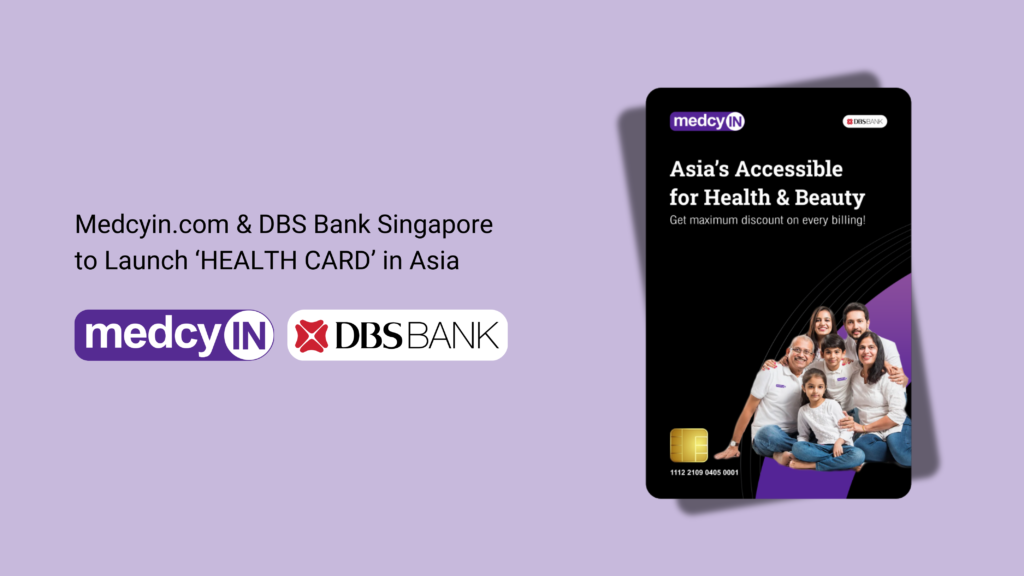Summer has arrived, and it’s time to give your skin some additional love and care. During the summer months, the heat, humidity, and increased sun exposure can all have an impact on your skin. To keep your skin bright and healthy during the summer, you must establish a consistent skincare routine. Here are some important recommendations and in-depth advice to help you attain and maintain a bright complexion over the summer: Stay hydrated at all times: The first and most important step in any skincare program, particularly during the summer, is to stay hydrated. Drinking enough water helps to keep your skin hydrated from the inside out. Drinking adequate water makes your skin more elastic, plump, and resilient, allowing it to resist the harsh summer weather. In addition to drinking water, consider including hydrating foods in your diet. High-water-content foods like watermelon, cucumbers, and strawberries can help you stay hydrated. These meals not only moisturize your skin, but they also include crucial vitamins and minerals that support skin health. Sunscreen is your Best Friend: One of the most important components of summer skincare is to protect your skin from the sun’s harmful UV radiation. Even on cloudy days, apply a broad-spectrum sunscreen with an SPF of at least 30. UV rays can infiltrate clouds and windows, causing skin harm without your knowledge. Make sure you apply sunscreen liberally to all exposed regions of your skin. Don’t forget to check the ears, neck, and tops of your feet, which are commonly overlooked. Reapply sunscreen every two hours, particularly if you’re swimming or sweating. Wearing a wide-brimmed hat, sunglasses, and UV-protective clothes can provide further protection. Gentle cleansing: During the summer, your skin may get sweaty and oily, causing clogged pores and breakouts. To address this, use a gentle, moisturizing cleanser that removes perspiration, grime, and sunscreen without depleting your skin’s natural oils. Look for cleansers that have chemicals like glycerin or hyaluronic acid, which assist in retaining moisture while properly cleansing your skin. Avoid using strong or abrasive cleansers, which might damage your skin’s natural barrier. Instead, choose a gentle cleanser suitable for your skin type. Cleansing twice a day, in the morning and evening, will keep your skin clean and free of contaminants. Use light moisturizers: Using a lighter moisturizer throughout the summer can help prevent blocked pores and keep your skin breathable. Heavy, oil-based moisturizers may feel overly heavy and greasy in the heat, causing outbreaks and irritation. Choose a lightweight, water-based moisturizer that provides adequate hydration without weighing your skin down. Gel-based moisturizers are ideal for summer since they soak fast and give a pleasant, non-greasy feel. Look for moisturizers that contain aloe vera, hyaluronic acid, and antioxidants to help soothe and protect your skin. Exfoliate regularly: Exfoliation is an important step in maintaining a bright complexion. Gently exfoliating your skin 1-2 times a week helps to remove dead skin cells, unclog pores, and promote cell turnover. This produces a smoother, brighter complexion. Select a gentle exfoliation appropriate for your skin type. Chemical exfoliants comprising alpha-hydroxy acids (AHAs) or beta-hydroxy acids (BHAs) can be helpful without being overly harsh. If you like physical exfoliants, look for products that include fine, non-irritating particles. Avoid over-exfoliation, as this can cause irritation and sensitivity. After exfoliating, always apply a moisturizing serum or moisturizer to replenish your skin’s moisture levels. Eat a balanced diet: Maintaining healthy skin requires a well-balanced diet. Include plenty of fruits and vegetables high in antioxidants, vitamins, and minerals to nourish your skin from within. Antioxidants like vitamins C and E help protect your skin from free radical damage caused by UV rays and pollutants. Berries, citrus fruits, leafy greens, nuts, and seeds are all great options for a skin-friendly diet. Fish, flaxseeds, and walnuts contain omega-3 fatty acids, which can help preserve skin suppleness and hydration. In addition to consuming a nutritious diet, limit your consumption of sugary and processed foods, which can contribute to inflammation and breakouts. Drinking water and herbal teas instead of sugary beverages will also be beneficial for your skin. Protect your eyes and lips: The sensitive skin surrounding your eyes and lips is particularly susceptible to UV damage. To protect your eyes from dangerous rays, remember to wear UV-protective sunglasses. This not only prevents sunburn but also lowers the likelihood of acquiring fine lines and wrinkles around your eyes. To protect your lips from UV damage, apply a lip balm with SPF. Lips can quickly get dry and chapped in the sun, so reapply lip balm throughout the day to keep them hydrated and protected. Additional Tips for Radiant Summer Skin Avoid hot showers: While it may be tempting to take hot showers to remove sweat, hot water can destroy your skin’s natural oils, causing dryness and irritation. Choose lukewarm showers instead: Wear lightweight clothing. Choose breathable, lightweight textiles, such as cotton, to decrease perspiration and itching. Avoid wearing tight clothing, which can trap perspiration and microorganisms against your skin. Stay in the Shade: To avoid direct sun exposure, seek shade during peak solar hours (10 a.m.-4 p.m.). Use Cooling Face Masks. To calm and revitalize your skin, apply a cooling, moisturizing face mask once a week. Look for masks that have components like cucumber, aloe vera, and chamomile. Conclusion Remember, consistency is essential for maintaining good skin. By incorporating these ideas into your regular regimen, you may get a gorgeous, bright summer glow. Take care of your skin by protecting it from the sun, keeping it moisturized, and nourishing it from within. Your skin will appreciate the additional attention and care you give it during these sunny months.



